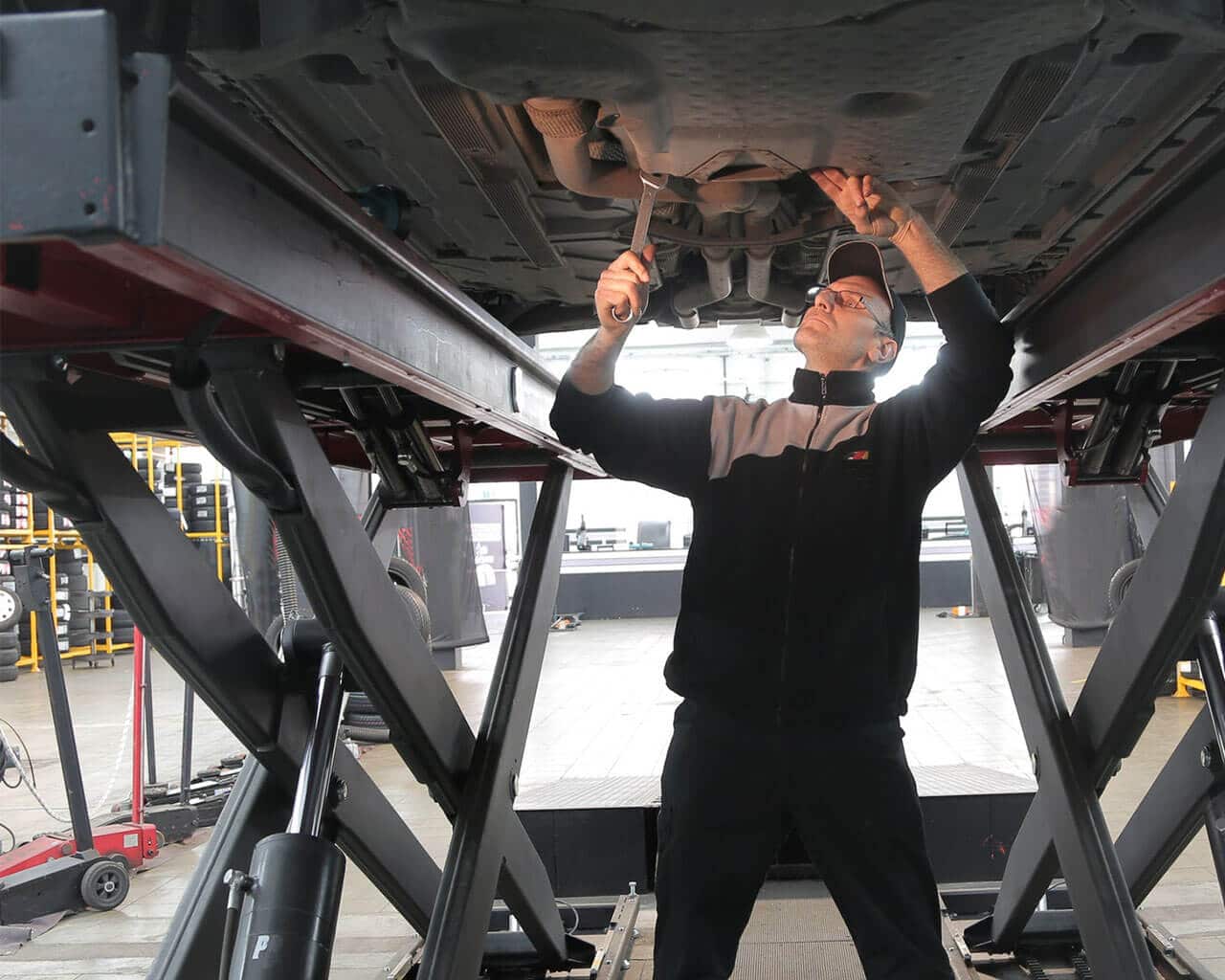Simplified Process to Register a Foreign Vehicle in Spain for Expats
Simplified Process to Register a Foreign Vehicle in Spain for Expats
Blog Article
Common Difficulties Dealt With Throughout Foreign Vehicle Registrations and How to Get rid of Them
Browsing the intricacies of foreign vehicle enrollments can be a complicated task, stuffed with obstacles that vary dramatically throughout jurisdictions. Concerns such as decoding regional policies, getting over language obstacles in important documentation, and resolving inconsistencies in vehicle requirements typically occur.

Comprehending Local Regulations
Navigating the intricacies of foreign car registration starts with a detailed understanding of regional policies. Each country has its details legislations and requirements controling the enrollment of cars, which can vary substantially from one jurisdiction to an additional (Register a foreign Vehicle in Spain). It is vital for foreign vehicle proprietors to familiarize themselves with these laws to guarantee compliance and prevent potential penalties or legal difficulties

In addition, some jurisdictions mandate car inspections to identify compliance with local safety and security and emissions criteria. This could necessitate alterations to the automobile prior to it can be legitimately registered. Involving with neighborhood authorities or speaking with lawful experts can give clarity on these laws.
Language Barriers in Documents
Language barriers posture significant obstacles when it concerns the documents required for international vehicle registration. Several people experience troubles in understanding the specific needs described in neighborhood regulations, as these papers are often published in the main language of the host nation. Misconceptions can cause the entry of incorrect or insufficient documentation, resulting in delays or rejection of enrollment.
Furthermore, necessary records, such as title actions, proof of ownership, and insurance coverage, might not have conveniently offered translations - Register a foreign Vehicle in Spain. This can produce confusion for foreign vehicle proprietors that are unknown with the regional terminology and lawful lingo. Consequently, browsing the enrollment procedure comes to be difficult, usually calling for additional time and effort to guarantee compliance
To alleviate these problems, it is a good idea for international lorry proprietors to look for specialist translation solutions or get in touch with local experts who can assist in understanding the requisite documentation. Additionally, federal government firms might give multilingual sources or standards to assist in the registration process. Proactively dealing with language barriers can improve the registration experience, ensuring that all required records are properly ready and submitted in accordance with neighborhood laws.
Lorry Spec Inconsistencies

Running into automobile specification inconsistencies can create considerable hurdles for international vehicle owners throughout the registration procedure. These discrepancies commonly arise from distinctions in manufacturing requirements, dimension units, and regulative needs between the automobile's country of origin and the host nation. A car that meets safety and security and emissions standards in one country might not straighten with the specifications required for registration in one more, leading to hold-ups or straight-out denials.
To overcome these difficulties, it is critical for foreign car owners to carry out detailed research prior to initiating the registration process. This includes comprehending the particular demands established by the regional authorities, such as security standards, emissions levels, and any required adjustments. Engaging with a professional service specializing in foreign vehicle registration can also provide valuable understandings and support in navigating these discrepancies.
Documentation plays a key role, so ensuring that all technological requirements and more alterations are precisely shown in the paperwork can mitigate concerns. Additionally, maintaining open communication with local enrollment authorities can supply clearness on any potential disparities, enabling for timely resolution and successful enrollment of the automobile.
Navigating Tax Obligation Demands
Understanding the tax needs related to foreign lorry enrollment is vital for owners aiming to conform with local laws. Each jurisdiction has specific tax obligation obligations that have to be satisfied before a vehicle can be legitimately registered. visit this site These might include import obligations, value-added tax obligations (VAT), and annual vehicle tax obligations, which can differ substantially depending on the automobile's origin, worth, and specs.
To navigate these tax needs efficiently, lorry owners need to begin by looking into the specific tax obligations applicable in their area. Consulting with neighborhood tax authorities or a tax obligation specialist with experience in foreign lorry registrations can supply quality on the process and prospective responsibilities.
Additionally, it is critical to maintain extensive documents of the vehicle's purchase and any kind of payments made, as this will be required for tax computations and possible audits. Proprietors should likewise understand any kind of deadlines connected with tax obligation settlements to stay clear of penalties or delays in registration.
Assessment and Conformity Issues
Frequently attending to examination and conformity issues is vital for owners of foreign cars seeking to register them in a new jurisdiction. Each region has distinct regulations concerning car security, exhausts, and modifications, which can pose significant challenges for proprietors not familiar with neighborhood criteria. Understanding these needs is crucial to prevent hold-ups and extra prices.
One usual concern develops when international lorries do not satisfy the host territory's safety and security and emissions criteria. Proprietors should proactively validate that their cars abide by local laws, which might include adjustments or acquiring needed documents from manufacturers. Additionally, many territories need a detailed examination by an accredited center, which can cause more difficulties if the car stops working to satisfy specified requirements.
To navigate these difficulties, owners can consult neighborhood lorry registration authorities or look for support from professionals aware of the registration procedure. Preparing all essential documents in breakthrough, consisting of previous examination records and evidence of compliance, can enhance the enrollment process. Ultimately, detailed prep work and awareness of evaluation demands can dramatically improve the possibility of a successful international car registration.
Final Thought
In summary, the process of foreign car registration involves different obstacles, including understanding of regional laws, language visit this site right here obstacles in paperwork, inconsistencies in car requirements, navigating of tax needs, and examination and compliance problems. Dealing with these challenges necessitates attentive research study, usage of professional translation services, and consultation with local authorities. Engaging specialized solutions can guarantee adherence to safety and exhausts requirements, ultimately facilitating a smoother registration process and compliance with all pertinent commitments.
Report this page